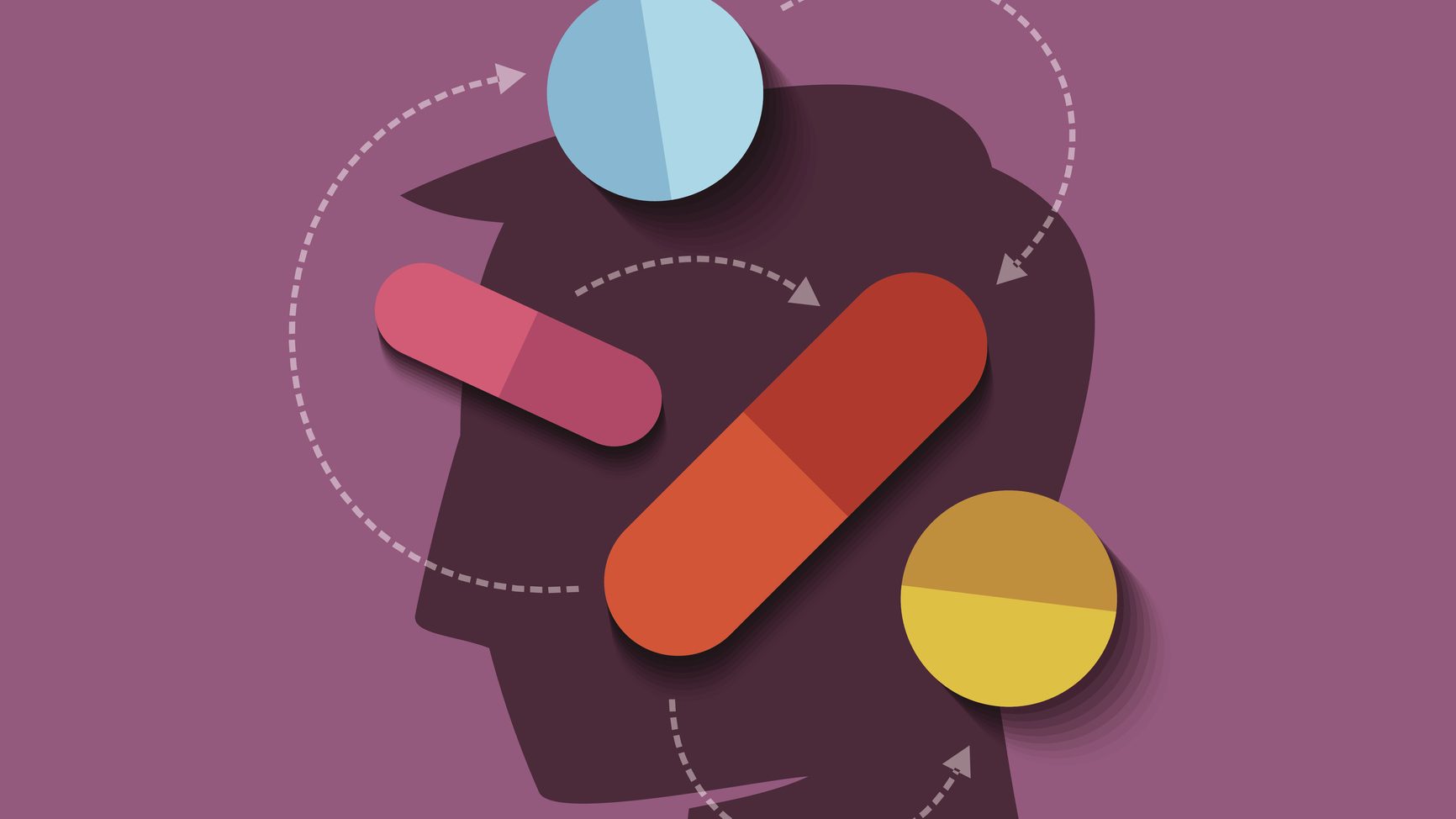Addiction is no stranger to my family. It sat at our dinner table for holiday meals and lingers in the background of our family photos. Despite pleas and promises, it has appeared at gatherings uninvited, and transformed moments of joy into occasions of stress and sadness. While it might sound senseless to personify addiction, it is indeed a living, breathing presence that can be seen, felt, and linked to emotional distress.
As a child, I watched several people close to me rely on substances to get by in their day-to-day lives and often feared for my own well-being and future. Moreover, I was overwhelmed with frustration and helplessness as I watched the people who meant the most to me struggle with a problem I did not know how to fix. As I got older and became more independent, those fears transformed into relentless anxiety that I was not doing enough to stop addiction in its tracks.
There is no question that addiction presents copious challenges for individuals who rely on substances to get by, but it is often easy to forget that the family members and close friends who must cope with their loved ones’ addiction are suffering, too. A 2017 survey distributed by the Pew Research Center found that nearly half of Americans — 46 percent, to be exact — have a family member or close friend who has been addicted to drugs. Furthermore, one in five American adults lived with a family member who abused alcohol while growing up.
Children who grow up with addicts are likely to feel guilt and anxiety, suffer from depression, and have a hard time trusting others. Overall, it is estimated that there are 18 million children in the United States whose parents are addicted to alcohol. People coping with a family member’s addiction also deal with related stress and anxiety. But what often remains unclear is how they can overcome those feelings, avoid emotional burnout, and ultimately take ownership of their own lives.
As with many stressful situations, it is crucial to seek support when coping with a family member’s addiction. Research published by the University of Bath states that the ability to cope with a family member’s addiction and identifying sources of social support are closely interconnected. What’s more, “good social support cannot simply be equated with the number of people who exist in a family member’s close social network,” the research authors note. Instead, the research authors write, it is “the quality of social support that is thought to be important; and in the context of an addiction problem in the family it is specifically a question of how well the support that a family member receives from others assists the family member in coping adequately with the problem.”
On top of identifying a stable source of social support from a trusted family member or friend, individuals who are affected by a loved one’s addiction should also forge relationships with people who have had similar experiences. A 2017 study published in the Journal of Substance Abuse Treatment found that family members of opioid-addicted loved ones who joined Learn to Cope, “a peer mutual-support group addressing the needs of family members impacted by the opioid epidemic,” developed a better understanding of addiction, felt better equipped to communicate with their opioid-addicted loved ones, and saw reductions in self-blame and stress levels. Ultimately, the study suggests that educational, peer-to-peer programming and support groups can help affected family members learn and feel less alone.
Affected family members should also develop a habit of exhibiting compassion, and practicing compassionate directness, to help themselves and their loved ones who are struggling. It can certainly be difficult to provide support for others when their behavior is harmful to themselves and those around them, yet compassion can help you care for a family member without necessarily condoning his or her actions. Beverly Engel, LMFT, writes that showing compassion can help lessen feelings of shame and allow suffering individuals to feel heard. Furthermore, Engel says practicing compassion can have a tangible impact on our well-being because it can produce physiological responses, such as decreased heart rate, which in turn can help lower stress.
People who are struggling with addiction, as well as their family members and close friends, might also encounter feelings of embarrassment. It is normal to feel this way, but if there is anything I have learned from my personal experiences, it only causes more harm to hide who you are and what you have been through. My experiences have certainly been a source of stress, but it was coping with these challenges that taught me the importance of strength and the value of finding social support. Maintaining an open — and compassionate — dialogue with a loved one who is struggling with an addiction can allow you to feel heard, make others aware of the impact of their actions, and give you the power to help others in a similar situation.
Follow us here and subscribe here for all the latest news on how you can keep Thriving.
Stay up to date or catch-up on all our podcasts with Arianna Huffington here.


